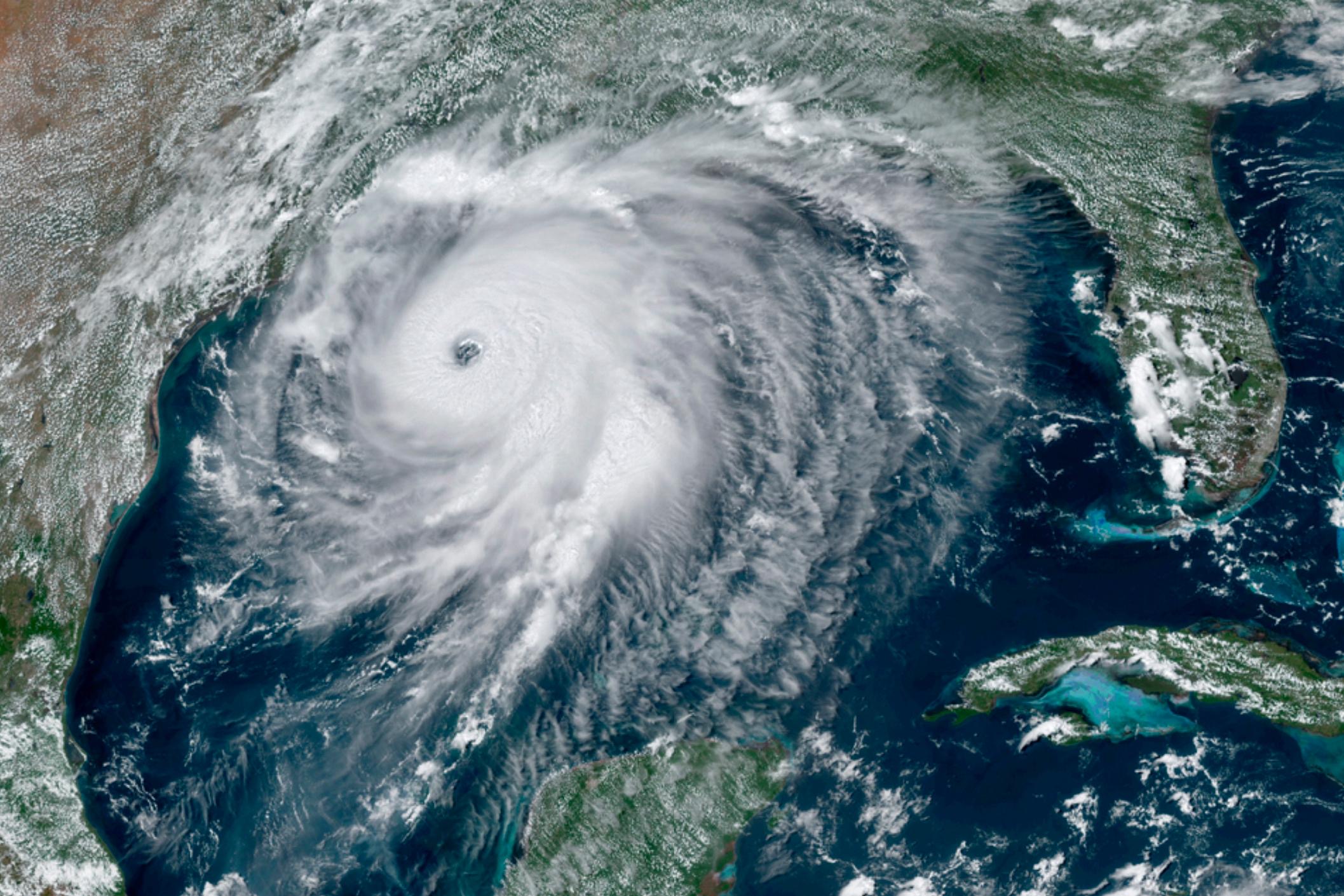A first fatality was recorded on Thursday as Hurricane Laura swept across Louisiana, a Southern East U.S. State as a category 4 hurricane, bringing life-threatening storm surges to much of the coast, the National Hurricane Center (NHC) said.
SEE ALSO: Death Toll In Migrant Ship Disaster Off Tunisia Rises To 61
“Potentially catastrophic impacts will continue,” the NHC said, warning that extreme winds and flash flooding in parts of Louisiana were ongoing.
Louisiana Governor John Bel Edwards told residents to stay home and “continue to heed the warnings and instructions of local officials and monitor … local news to stay informed.”
A 14-year-old girl was killed when a tree fell on her house as Hurricane Laura battered Louisiana, a spokesperson for the governor said, confirming the first fatality from the storm.
“The fatality was a 14-year-old girl in Vernon parish,” the spokesperson said.
The life-threatening storm continues to sweep over much of Louisiana’s coastline after making landfall early Thursday.
Damaging winds will continue over parts of northern Louisiana and Arkansas until Thursday evening. Over half a million people in Louisiana and Texas experienced power outages throughout the day.
The storm made landfall just after 1 am (0600 GMT) in Cameron, Louisiana – about 220 kilometres east of Houston, Texas – according to the NHC.
Winds attained a maximum sustained speed of 195 kilometres per hour, with higher gusts.
More than 500,000 people were put under evacuation orders in parts of Texas and Louisiana as Laura headed towards the United States Gulf Coast.
The NHC forecast the hurricane would cause an “unsurvivable storm surge and destructive waves” bringing “catastrophic damage” to more than 200 kilometres of coast from eastern Texas to central Louisiana.
The surge of water, with some waves reaching more than 4 metres in height, has the potential to penetrate more than 60 kilometres into the coastal flatlands, likely leaving some urban areas uninhabitable for weeks.
Laura is moving northwards at about 24 kilometres per hour, and is expected to pass through the state of Louisiana through the afternoon, hitting Arkansas later on Thursday and the mid-Mississippi Valley on Friday.

